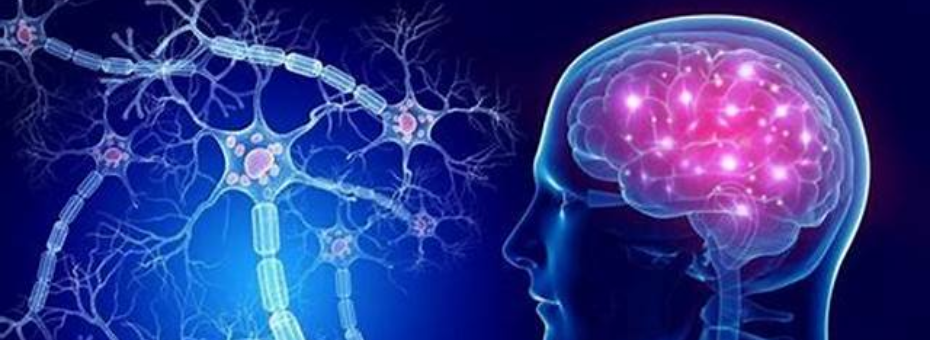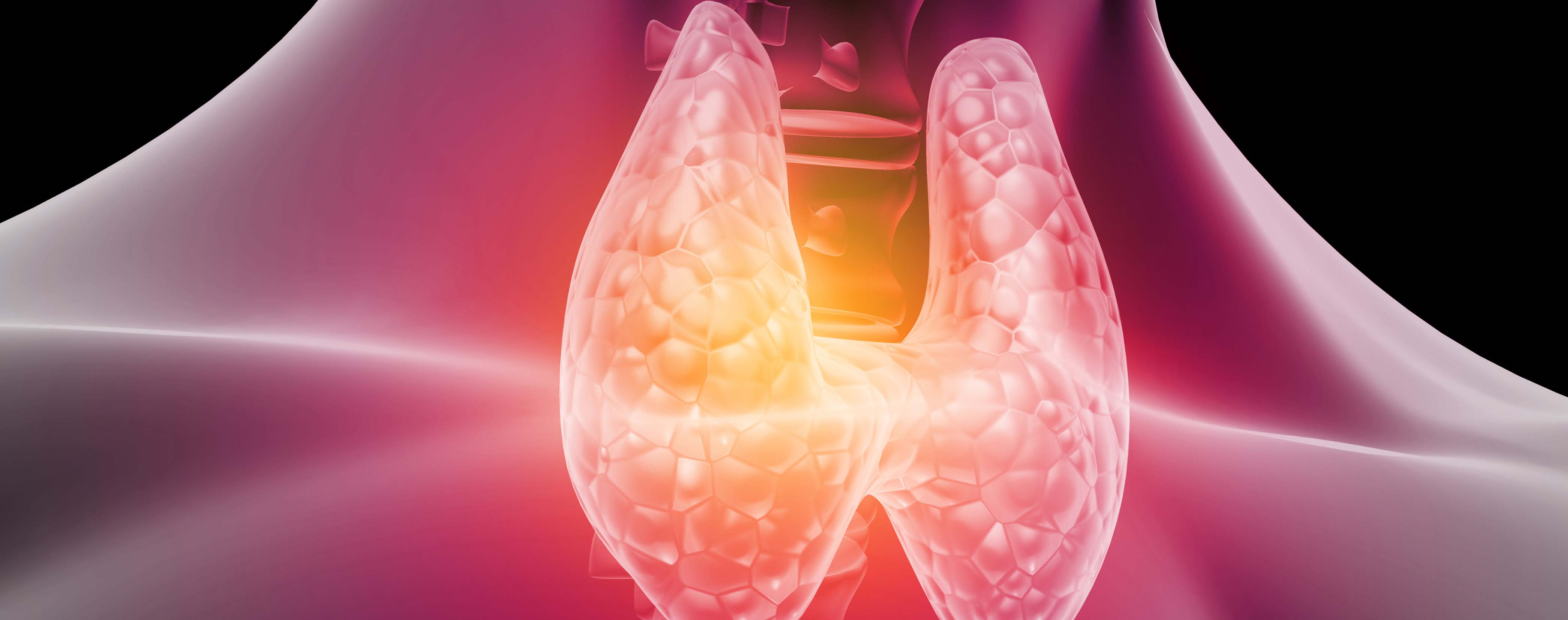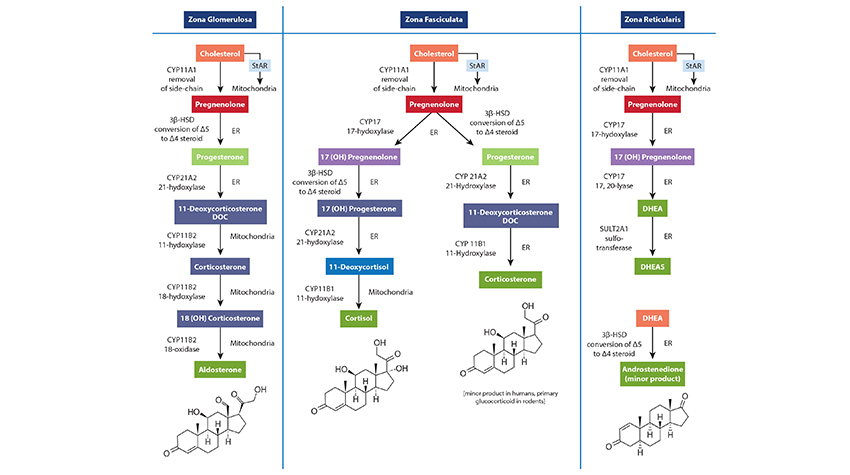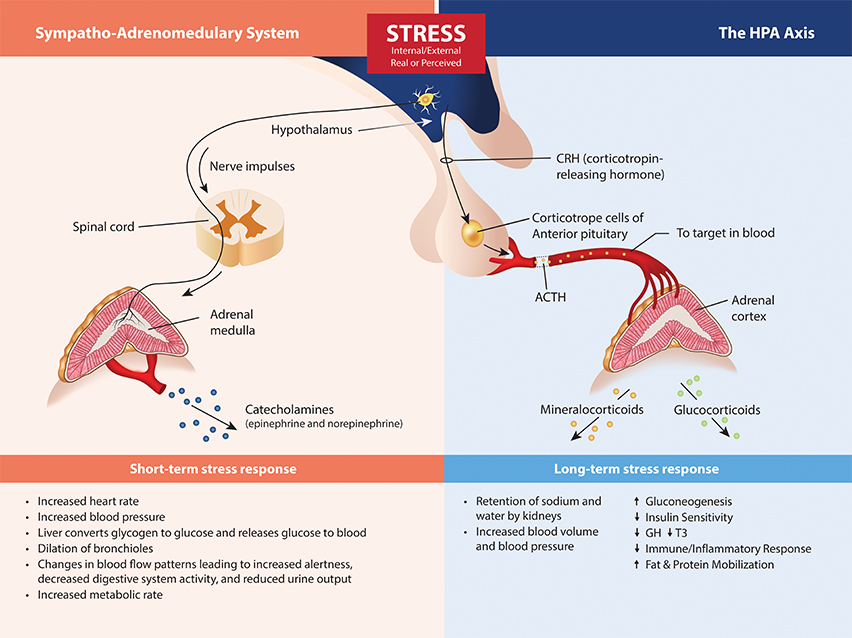
Access our weekly blogs written by our research and clinical team
Sign up for notifications →Blog
Carrie Jones, ND, FABNE, MPH | September 18, 2024
Joanna Matras-Godziejewicz, ND, PhD | July 3, 2024
Christopher Mote, DO, DC, IFMCP | August 23, 2023
Christopher Mote, DO, DC, IFMCP | August 23, 2023
Carrie Jones, ND, FABNE, MPH | August 16, 2023
Stacey Smith, DC | July 5, 2023
Thomas G. Guilliams, PhD | December 14, 2022
Christopher Mote, DO, DC, IFMCP | November 16, 2022
Carrie Jones, ND, FABNE, MPH | October 26, 2022
Stacey Smith, DC | September 30, 2022
Stacey Smith, DC | February 14, 2022
Stacey Smith, DC | November 16, 2021
Stacey Smith, DC | December 16, 2018
Stacey Smith, DC | September 16, 2018
Stacey Smith, DC | February 16, 2018
Christopher Mote, DO, DC, IFMCP | June 16, 2016
Thomas G. Guilliams, PhD | November 16, 2015
Christopher Mote, DO, DC, IFMCP | September 16, 2015
Christopher Mote, DO, DC, IFMCP | August 16, 2015
Christopher Mote, DO, DC, IFMCP | July 16, 2015
Christopher Mote, DO, DC, IFMCP | March 16, 2015
Thomas G. Guilliams, PhD | December 16, 2014
Christopher Mote, DO, DC, IFMCP | September 16, 2014
Christopher Mote, DO, DC, IFMCP | June 16, 2014
Christopher Mote, DO, DC, IFMCP | August 16, 2013
Thomas G. Guilliams, PhD | June 16, 2013
Thomas G. Guilliams, PhD | May 16, 2013
Thomas G. Guilliams, PhD | April 16, 2013
Christopher Mote, DO, DC, IFMCP | February 16, 2013
Christopher Mote, DO, DC, IFMCP | May 16, 2011
Thomas G. Guilliams, PhD | April 16, 2011
Christopher Mote, DO, DC, IFMCP | May 16, 2010
Thomas G. Guilliams, PhD | January 16, 2010
Looking for More?
Health Concerns
Experts
- Adrian den Boer, ND, DC, IFMCP
- Angela Lucterhand, DC
- Bill Hogarth, DC, MBS
- Carrie Jones, ND, FABNE, MPH
- Christopher Mote, DO, DC, IFMCP
- Elizabeth Strong
- Elroy Vojdani, MD
- Frank Bodnar, DC, MS
- Jeffery Gladd, MD
- Jeffrey Bland, PhD, FACN, CNS
- Jill Carnahan, MD
- Jonathan Cannizzo, MSc
- Joseph Ornelas, PhD, DC
- Kara Fitzgerald, ND
- Kareem Kandil, MD, ND
- Katrina Wilhelm, ND
- Mark J. Tager, MD
- Megan Borreson, ND
- Mia Iyer, DC
- Murray Ardies, PhD
- Olivia Morrissey
- Ralph LaForge, MSc, FNLA, CLS
- Randi Mann, WHNP-BC, APNP, NCMP
- Sean Newsom, PhD
- Shilpa P. Saxena, MD, IFMCP
- Stacey Smith, DC
- Steve Amoils, MD
- Steven Imgrund, MS, CNS
- Terry Wahls, MD
- Thomas G. Guilliams, PhD
- Todd R. LePine, MD
- Uli Iserloh, PhD
- Vincent Pedre, MD


































